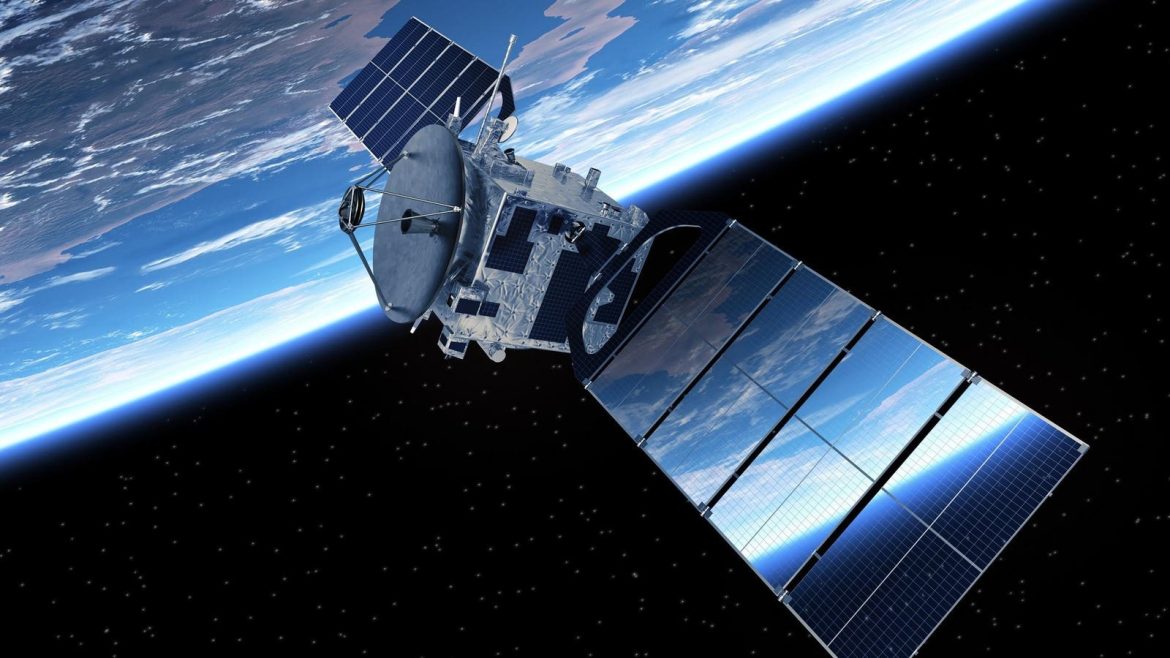The realm of space technology has witnessed remarkable advancements in recent years, transforming the way we communicate and connect with the world. Satellites, once reserved for government and military use, have become integral to our daily lives. In this article, we will delve into the exciting world of space tech, exploring the latest innovations in satellite technology and telecommunications that are reshaping our world.
The Satellite Revolution
Satellites have come a long way since the launch of Sputnik in 1957. Today, they play a pivotal role in telecommunications, Earth observation, navigation, and scientific research.
1. Miniaturization: Miniaturization of satellite components has led to the development of small satellites, known as CubeSats, enabling cost-effective space missions for research, communication, and Earth monitoring.
2. Constellations: The deployment of satellite constellations, consisting of hundreds or even thousands of small satellites in low Earth orbit, promises global internet coverage and low-latency communication.
Advancements in Telecommunications
Space tech is at the forefront of revolutionizing global telecommunications.
1. High-Speed Internet: Low Earth orbit satellite constellations, like Starlink and OneWeb, aim to provide high-speed internet access to underserved and remote areas, bridging the digital divide.
2. 5G Connectivity: Satellite networks are integrating with 5G technology to extend connectivity to urban and rural regions, offering seamless communication experiences.
Earth Observation and Remote Sensing
Satellites equipped with advanced sensors are transforming our understanding of Earth.
1. Climate Monitoring: Earth-observing satellites help monitor climate change by collecting data on temperature, sea-level rise, and atmospheric conditions.
2. Disaster Management: Satellites provide real-time data for disaster response and recovery efforts, aiding in disaster management and risk reduction.
Navigation and Positioning
Global Navigation Satellite Systems (GNSS) have become an integral part of everyday life.
1. GPS Enhancement: Advances in satellite navigation technologies are improving the accuracy and reliability of GPS systems for various applications, from autonomous vehicles to precision agriculture.
2. Autonomous Navigation: Space tech is critical for the development of autonomous vehicles, drones, and robotics, enabling precise positioning and navigation.
Space Exploration
Space technology is driving exciting advancements in space exploration.
1. Mars Missions: Recent Mars missions, like NASA’s Perseverance rover and China’s Tianwen-1 mission, rely on advanced satellite technology for communication and navigation.
2. Lunar Exploration: Satellites and lunar orbiters are paving the way for future lunar exploration and the establishment of a sustainable presence on the Moon.
Challenges and Considerations
Despite the remarkable progress in space tech, several challenges persist:
1. Space Debris: The increasing number of satellites in orbit raises concerns about space debris and the need for responsible space management.
2. Spectrum Allocation: The allocation of radiofrequency spectrum for satellite communication must be carefully coordinated to prevent interference.
The Future of Space Tech
The future of space technology holds even greater promise:
1. Interplanetary Communication: Advances in optical communication may enable high-speed data transfer between planets and spacecraft, enhancing space exploration capabilities.
2. Sustainable Space Practices: The development of sustainable space practices and technologies is crucial to mitigate the environmental impact of space activities.
Conclusion
Space tech has become an indispensable part of our modern world, revolutionizing communication, navigation, Earth observation, and space exploration. As innovations continue to shape the industry, the boundaries of what is possible in space technology are expanding. From providing global internet access to enabling precision agriculture and supporting space exploration, the impact of space tech on our lives is profound. However, it is essential to address the challenges of space debris and spectrum allocation to ensure the responsible and sustainable growth of space activities. The future of space tech is bright, promising new frontiers and opportunities that will benefit humanity as we continue to reach for the stars.
